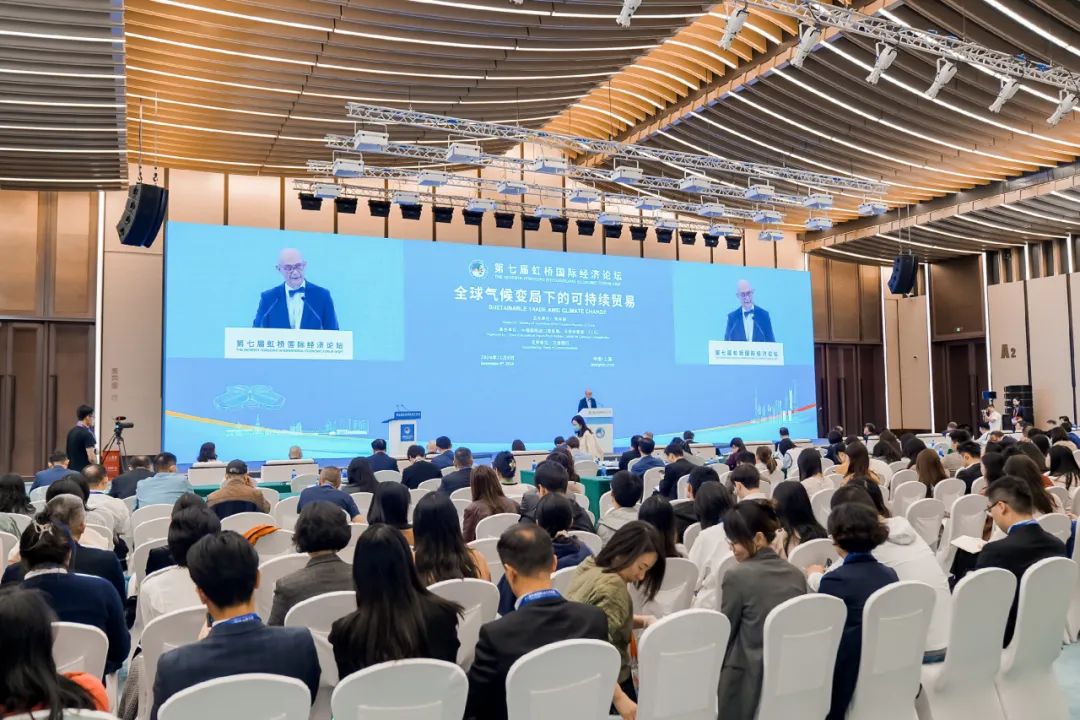Hongqiao International Economic Forum

The parallel session on "Sustainable Trade amid Climate Change" Release date: 2024-11-12 Source:China International Import Expo Bureau
On the afternoon of November 6, 2024, the session on Sustainable Trade amid Climate Change of the 7th Hongqiao International Economic Forum (referred to as the Hongqiao Forum) was successfully held. Wang Huiyao, the Founder and President of Center for China and Globalization, Former Counselor to China State Council, delivered the opening remarks. Pascal Lamy, Former DG of the WTO, Coordinator of the Jacques Delors Institutes (Paris, Berlin, Brussels), Vice-Chairman of the Paris Peace Forum. Yi Xiaozhun,Former Vice Minister of Commerce, Former Deputy Director-General of the WTO. Erik Solheim, Co-Chair of the Europe-Asia Centre, Former Minister of the Environment and International Development of Norway, Former Under-Secretary-General of the United Nations and Executive Director of the United Nations Environment Programme. Xu Xiaofeng, President of China Meteorological Service Association, Former Deputy Director of China Meteorological Administration, and Zhang Baojiang, President of Bank of Communications delivered keynote speeches.
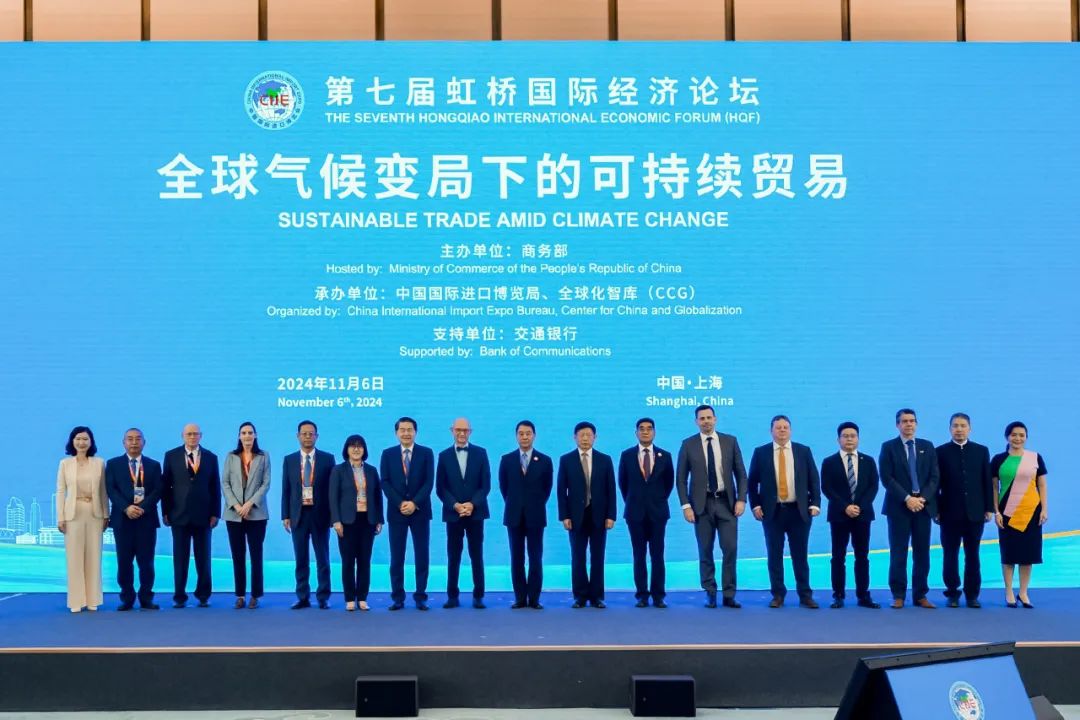
Wang Huiyao, pointed out that climate change is an imminent threat to humanity, and addressing climate change has become a global consensus. Therefore, the green transformation of global trade and sustainable development is of utmost importance. The development of global sustainable trade requires countries to strengthen trade cooperation and jointly formulate sustainable trade rules. Trade facilitation is essential to promote green development and combat climate change, especially the dialogue and cooperation among China, the US, and the EU in the field of sustainable trade, which is conducive to promoting the sustainable development of global trade.
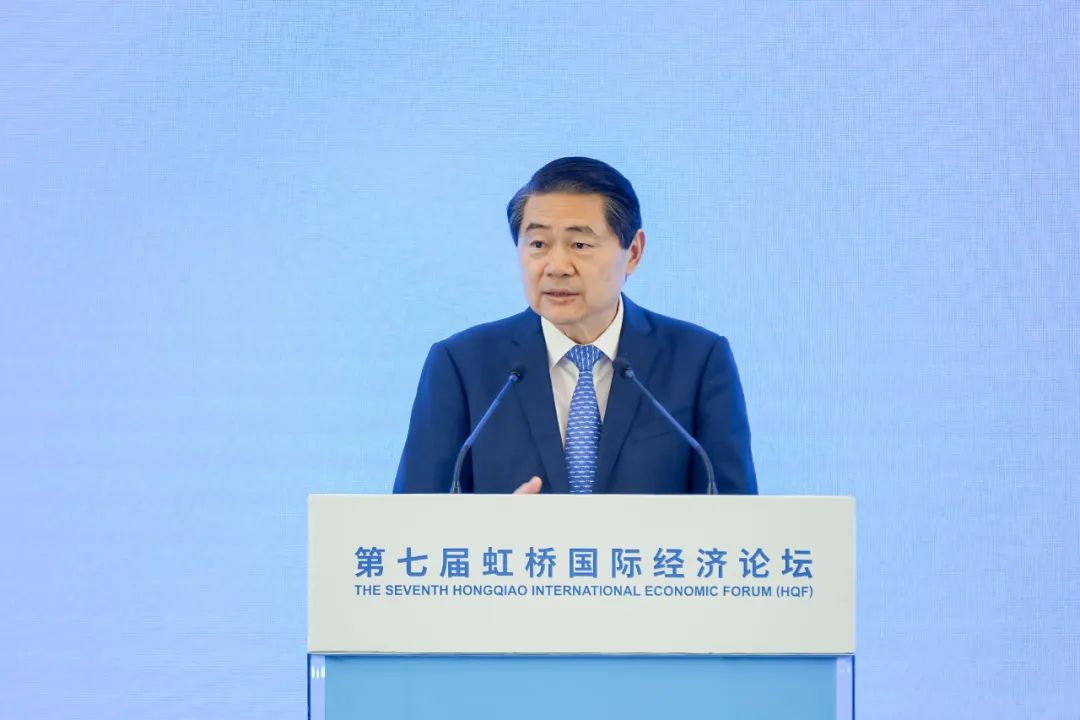
Pascal Lamy, pointed out that the market should play a role in coordinating the good relationship between trade and environmental protection, but the practical effects are not ideal. Therefore, he proposed five suggestions: First, trade participants must take on environmental responsibilities, otherwise, it is easy to cause divisions and frictions. Second, the environment must be given more attention in WTO discussions, and trade also needs to occupy a more important position in environmental discussions. Third, the WTO needs to establish a forum on the compatibility of environmental and trade issues. Fourth, the WTO should reconsider the paradigm of green subsidies. Fifth, in addition to the WTO and the United Nations Climate Change Conference, other international cooperation mechanisms also need to consider the connection between trade and environment.
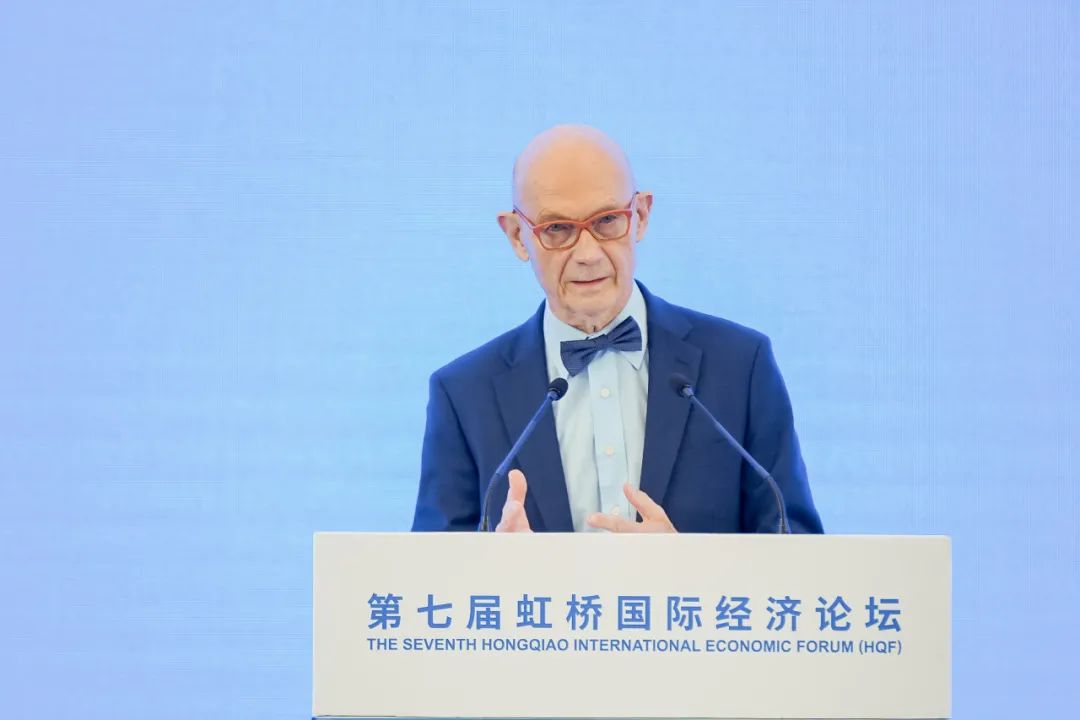
Yi Xiaozhun, believed that the WTO is indispensable in addressing the challenges of climate change. Addressing climate change and promoting the green transformation of the economy should not violate multilateral trade rules, nor should it undermine the multilateral trading system. He suggested that the world's major economies should strengthen the coordination of trade policies related to the global climate change agenda within the framework of the WTO, ensuring that trade measures taken to address climate change are consistent with multilateral trade rules.
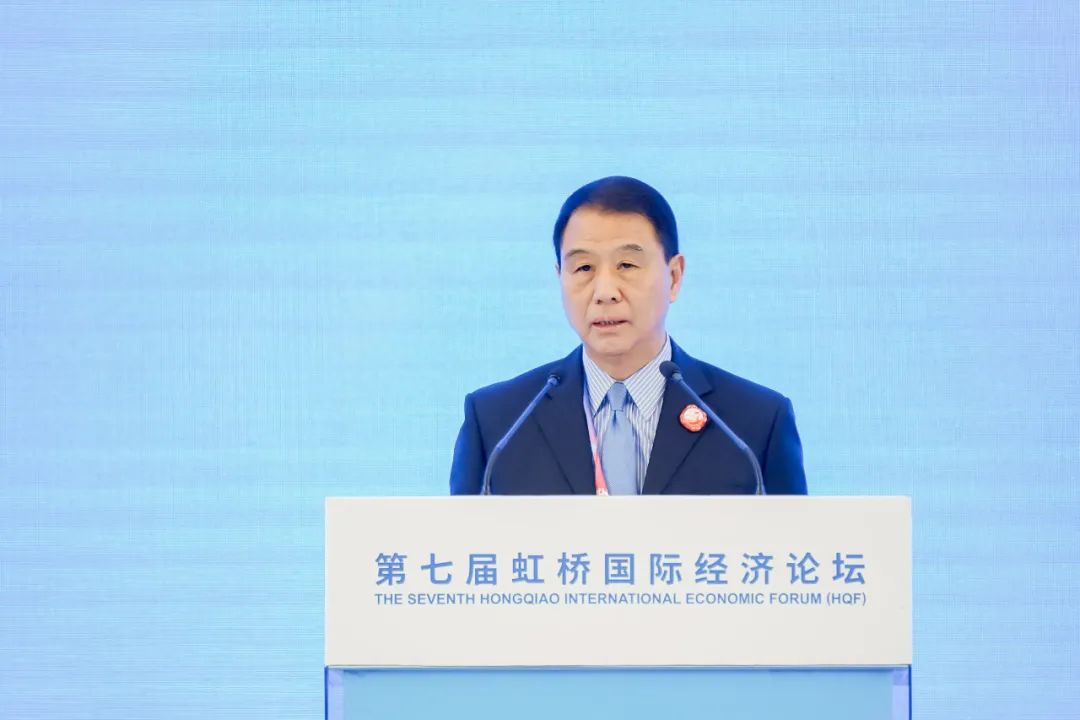
Erik Solheim, pointed out that China is one of the indispensable countries in the global green transformation. He advocated for strengthening Sino-European cooperation to jointly maintain the multilateral trading system. Green competition is actually benign, and it is necessary to be aware of green demands early on and to regulate the market better to form a more fair competitive relationship. He does not agree to some European companies' practices of suppressing Chinese industries, believing that more acceptance and welcome of Chinese products are needed. Competition helps the growth of the European market, so conservative restrictions should be reduced to promote the benign development of the market.
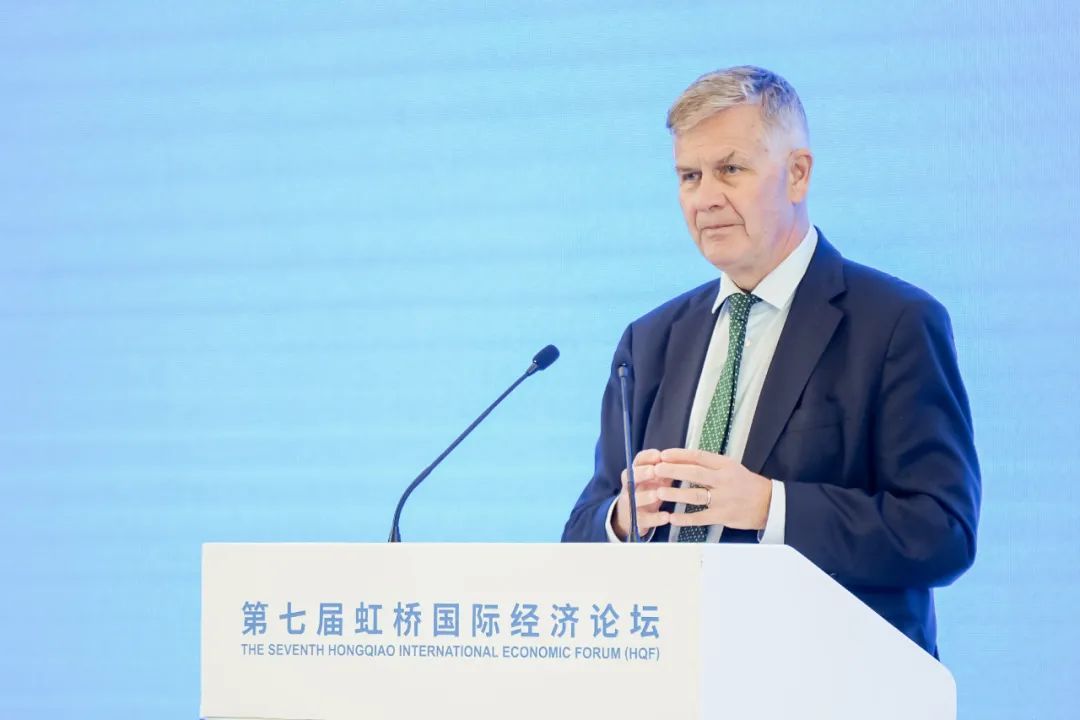
Xu Xiaofeng, pointed out that despite the efforts made by many countries around the world to address climate change, the current situation is not optimistic. To address the severe climate issues, reducing carbon emissions has become an inevitable choice for countries around the world, and this consensus needs to be supported by specific economic policies. To this end, the Chinese government released the "National Strategy for Adaptation to Climate Change 2035" in 2022, creating a good policy support for addressing climate change.
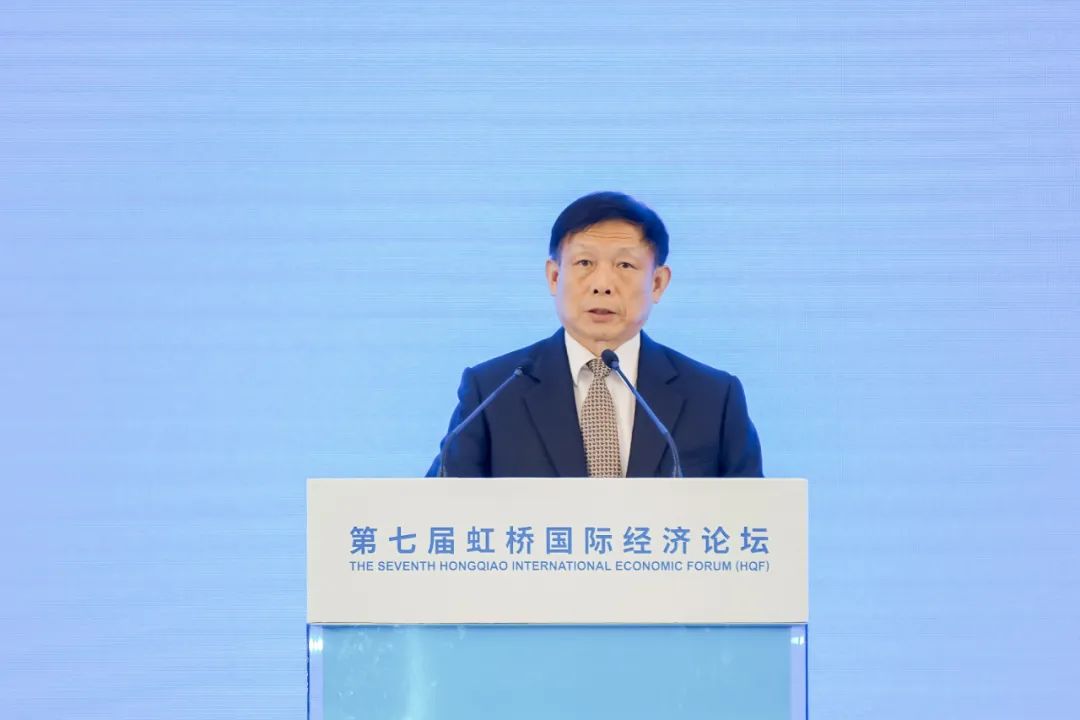
Zhang Baojiang, noted that providing high-quality financial services for green trade from production, manufacturing, circulation, transportation, and transaction distribution is not only the responsibility of the financial industry but also an important development opportunity. Commercial banks can focus on three aspects: serving green manufacturing to help the greening of products and production; serving green circulation to reduce the carbon footprint of product transportation; and serving green trade financing to better adapt to the green development needs of customers.
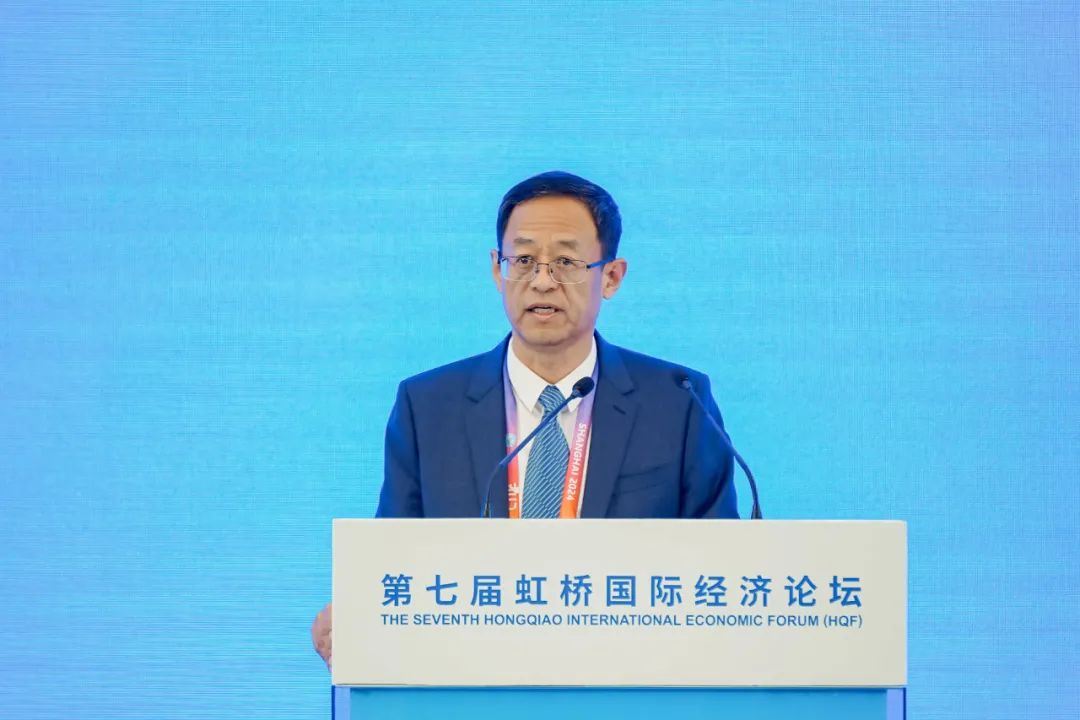
The session also invited important guests from the global political, business, and academic communities to have in-depth exchanges and dialogues on Green cooperation: Perspectives from China, Europe and U.S.A., Navigating trade and sustainability: Views from the green industries, and jointly contributing ideas for sustainable trade and green industrial development under the global climate change.
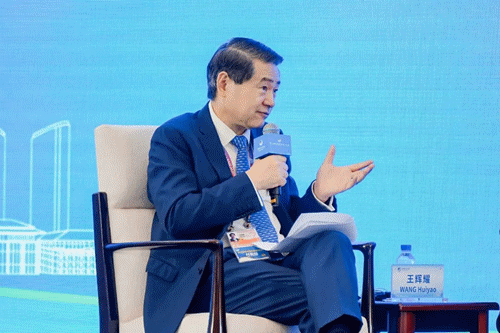
During the session, the Center for China and Globalization (CCG) released the report " A sustainable trade agenda for global climate mitigation: Prospects and challenges" The report mainly includes the urgency of addressing climate change, the positive significance of sustainable trade for climate change, the attitudes and actions of various countries, barriers and challenges, and strategic recommendations, providing forward-looking trend predictions for governments, enterprises, and all sectors of society.
